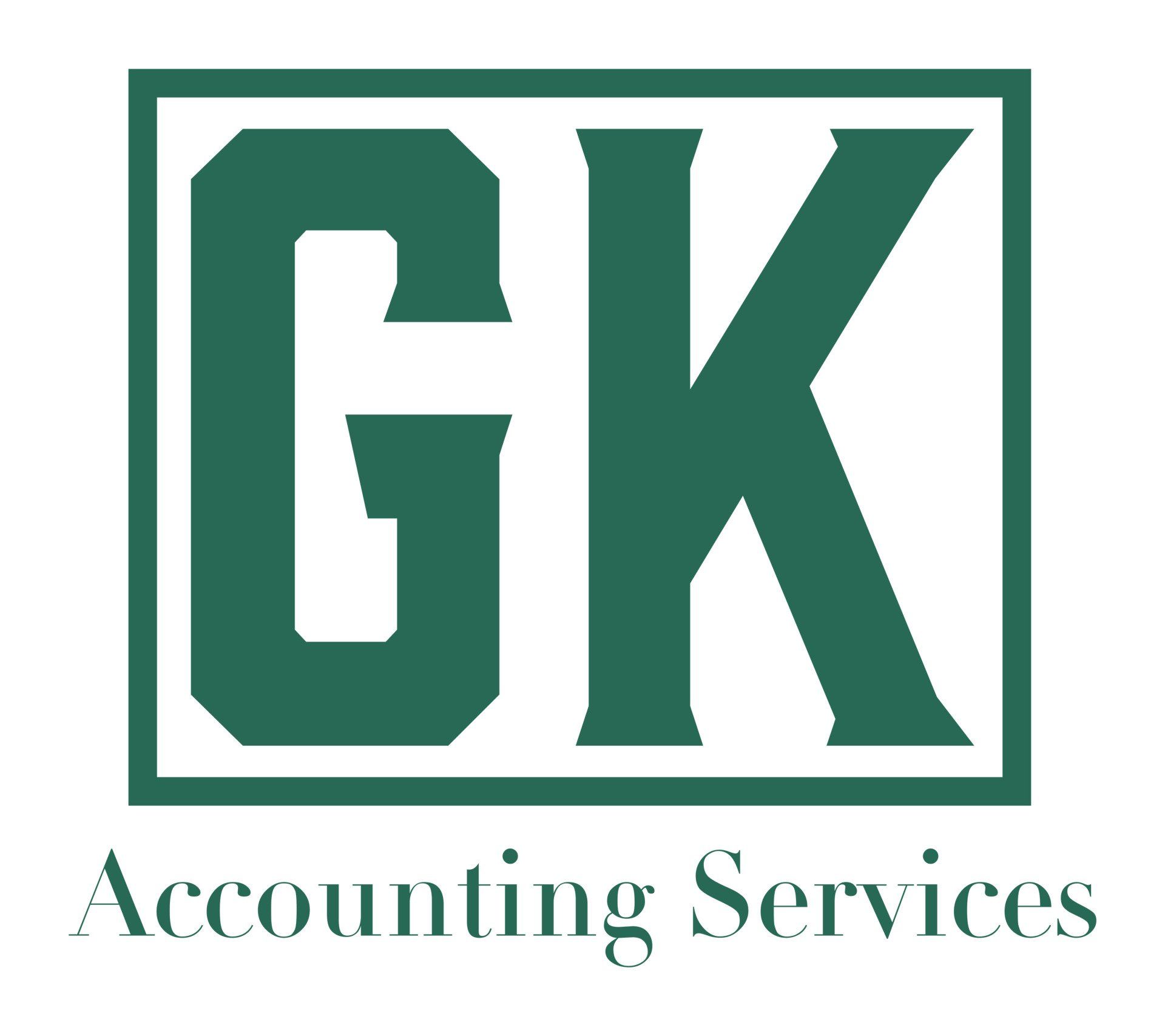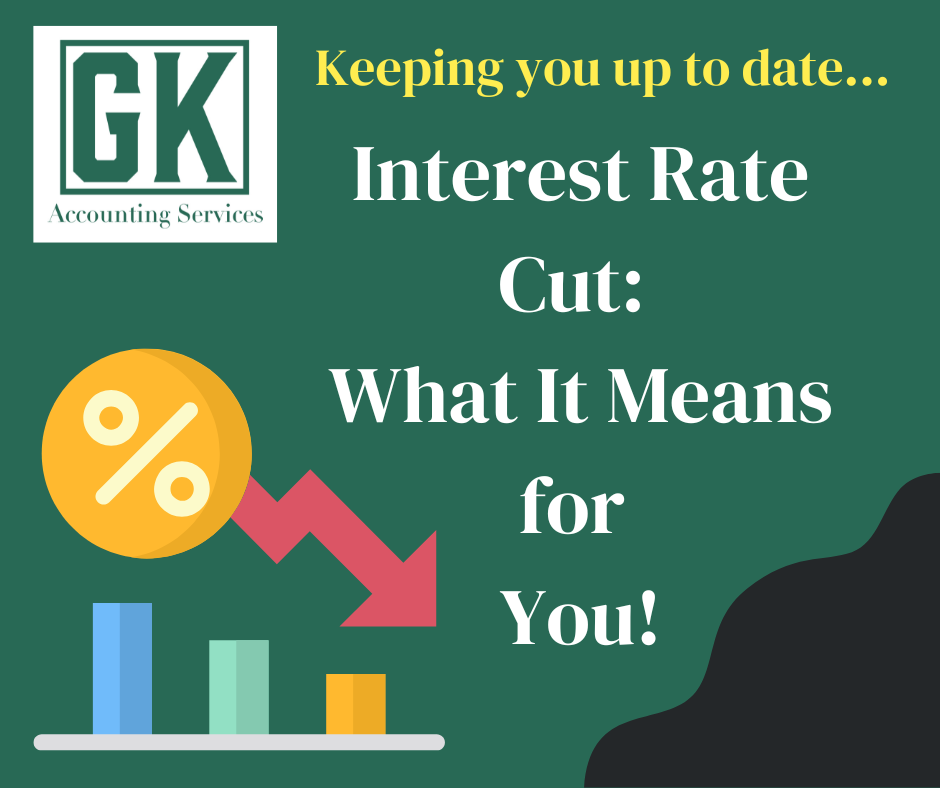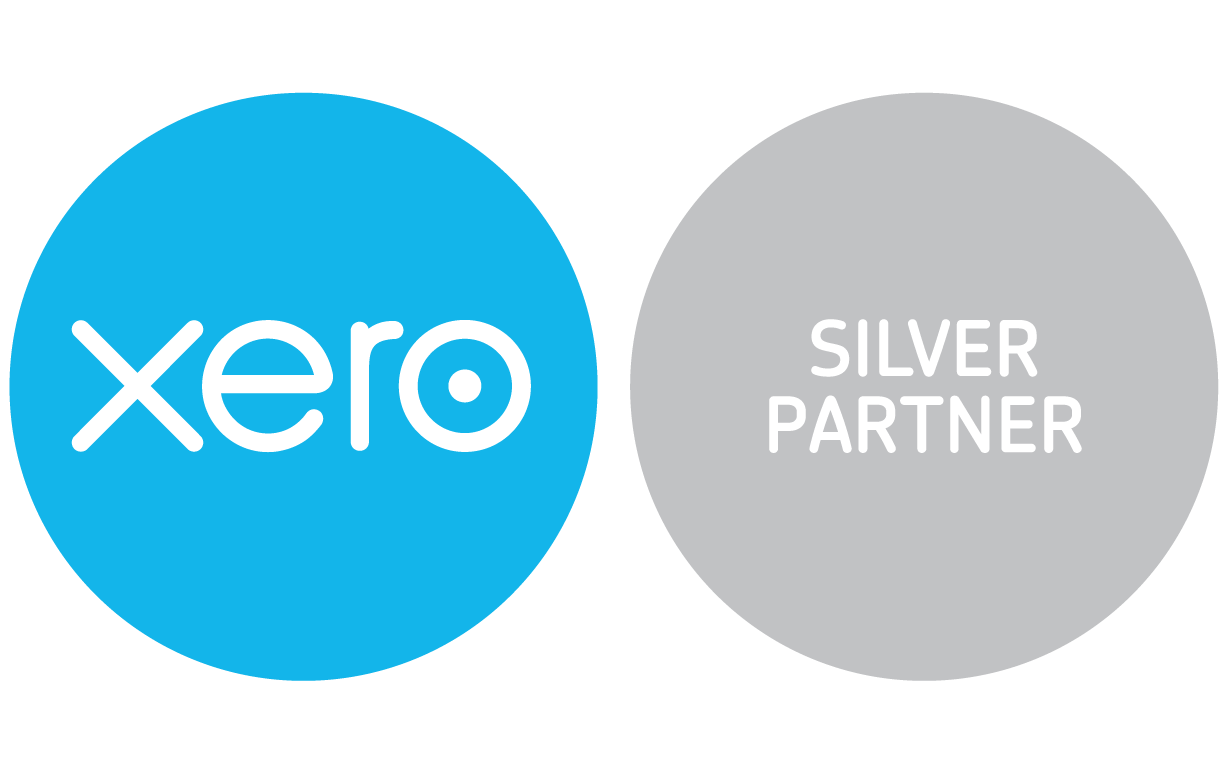Beware of the Personal Allowance Trap: How to Avoid Paying a 60% Marginal Tax Rate
Have you ever received a tax bill that was higher than you expected? The reason for this could be the gradual withdrawal of your personal allowance if your income exceeds £100,000. In this article, we'll explain how the personal allowance works and what you can do to avoid paying a marginal tax rate of 60%.
Understanding Personal Allowance:
The personal allowance is the amount of income you can earn each year without paying income tax. The personal allowance for the current tax year (2023-2024) is £12,570. However, if you earn over £100,000, your personal allowance is gradually reduced by £1 for every £2 of adjusted net income over £100,000, regardless of age.
Calculating Adjusted Net Income:
Adjusted net income is your total taxable income before any personal allowances, less certain tax reliefs such as trading losses and certain charitable donations and pension contributions. If your adjusted net income is £125,140 or above, your personal allowance will be reduced to zero.
Avoiding the Personal Allowance Trap:
If your adjusted net income is likely to fall between £100,000 and £125,140, you will pay an effective marginal tax rate of 60% as your tax-free personal allowance is gradually withdrawn. To avoid this trap, you should consider financial planning opportunities that can help you reduce your income to below £100,000.
Making Charitable Donations:
One way to reduce your income is to make charitable donations. If you're a higher rate or additional rate taxpayer, you could make a gift to charity in the current tax year and elect to carry back the contribution to 2022-23. A request to carry back the donation must be made before or at the same time as the 2022-23 self-assessment return is completed, i.e. by 31 January 2024. By doing so, you can reduce your income for the current tax year and claim the tax relief in the previous tax year, thereby reducing your tax bill.
Increasing Pension Contributions:
Another way to reduce your income is to increase your pension contributions. Your pension contributions are deducted from your income before tax is calculated, which means that you can reduce your income and your tax bill at the same time.
Participating in Investment Schemes:
Participating in certain investment schemes can also help you reduce your income. For example, investing in a venture capital trust or an enterprise investment scheme can provide you with tax relief and help you reduce your income for the purposes of the personal allowance.
If you would like more advice and assistance, please contact us at info@gkaccountingservices.com or call us on 01269 518 815, where we will be more than happy to answer any of your questions.





